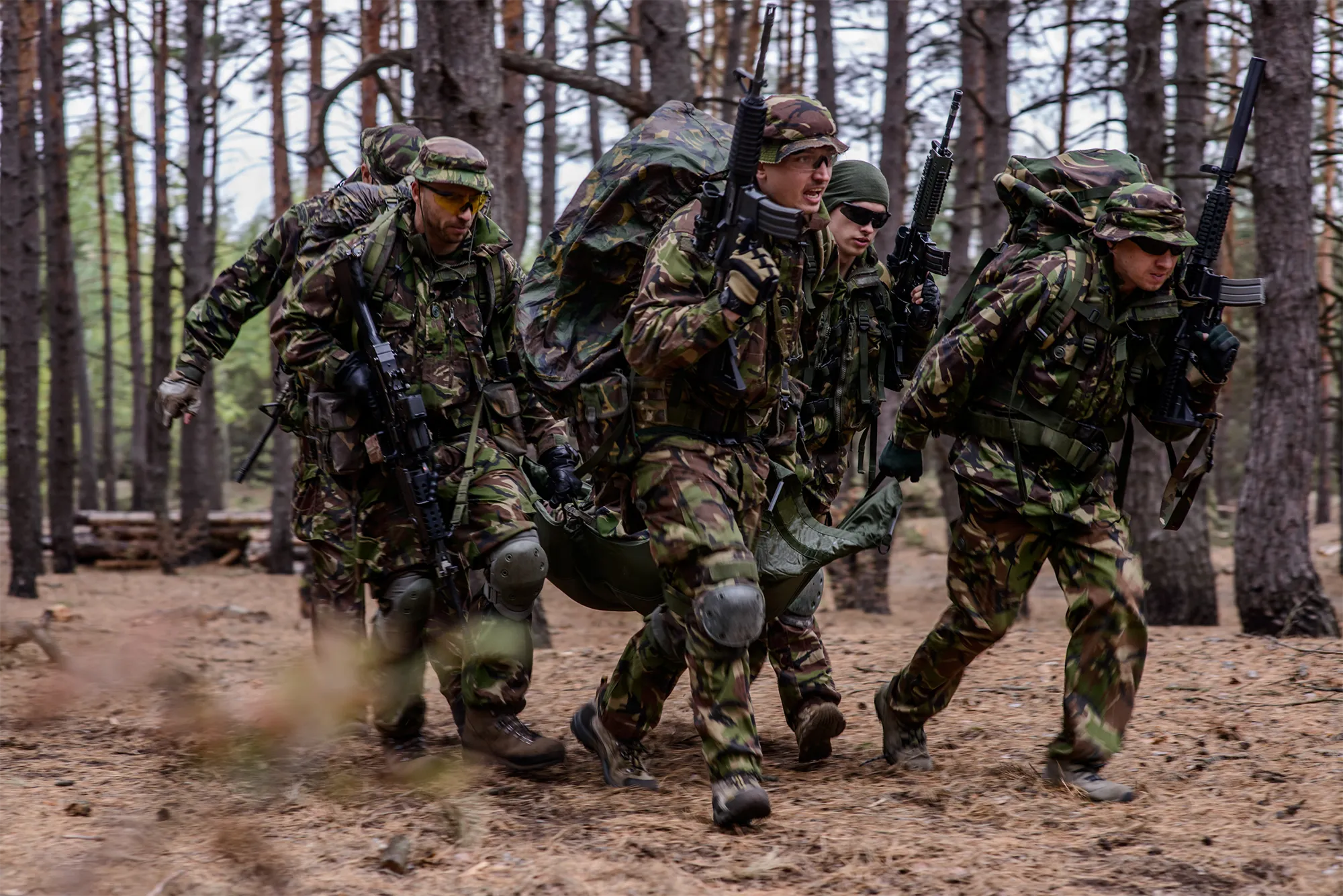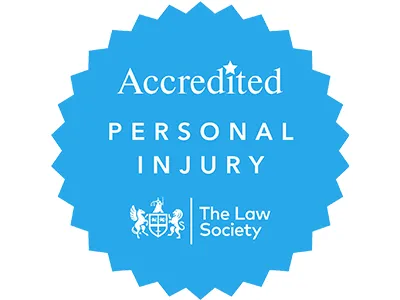Injuries on Training Exercises or Drills in the Military
Military training is designed to prepare personnel for the demanding realities of service, often pushing physical and mental limits. However, when training exercises are conducted negligently or with inadequate safety measures, preventable injuries can occur. If you’ve been injured during a training exercise due to unsafe practices, improper equipment, or lack of oversight, you may have grounds for a compensation claim. Such claims not only address the personal and financial consequences of your injury but also hold those responsible accountable for their negligence.
Causes of Training Injuries
Injuries sustained during military training often result from preventable errors or unsafe practices, including:
- Faulty or Inadequate Training Equipment
Military training often involves the use of specialised equipment, such as weapons, climbing gear, or vehicles. When this equipment is poorly maintained, defective, or not fit for purpose, it can pose a serious risk of injury. For example, faulty harnesses during abseiling exercises or malfunctioning firearms can lead to severe accidents. - Lack of Safety Briefings or Protocols
Safety briefings and clear protocols are essential in minimising risks during training. Failing to properly instruct personnel on the safe use of equipment or neglecting to outline emergency procedures can leave service members unprepared to respond to hazardous situations, increasing the likelihood of injury. - Overexertion During Exercises Without Proper Oversight
Training exercises often push physical limits, but without adequate monitoring, overexertion can result in serious injuries such as heatstroke, dehydration, or cardiac issues. Commanders and training supervisors have a duty to ensure that exercises are conducted with appropriate breaks, ‘water breaks’, and medical support on standby. - Inadequate Medical Attention After an Incident
Timely and effective medical intervention can make a significant difference in the outcome of a training injury. Delayed or inadequate medical attention can exacerbate injuries, leading to prolonged recovery times or permanent damage. This negligence is often grounds for a claim.
Call us today on 0113 224 7837 or email [email protected] for a free, no-obligation consultation. Let us provide the expert legal support you need to move forward with confidence.
Compensation Remedies for Training-Related Injuries
If you’ve suffered an injury during a military training exercise due to negligence, you may be entitled to claim compensation. This compensation is designed to address the full scope of the injury’s impact on your life; physically, emotionally, and financially. Below is a breakdown of the key areas covered:
- Pain and Suffering
Training-related injuries can result in significant physical pain, emotional trauma, and psychological distress. This might include debilitating conditions such as fractures, muscle tears, or post-traumatic stress disorder (PTSD) caused by the accident. Compensation for pain and suffering aims to provide financial relief for these non-economic damages, acknowledging the personal toll the injury has taken on your quality of life. - Medical Expenses
Military training injuries often require extensive medical treatment, from immediate emergency care to long-term rehabilitation. Compensation can cover:- Emergency treatments and surgeries.
- Rehabilitation therapies such as physiotherapy or occupational therapy.
- Prescription medications or medical equipment, such as braces or mobility aids.
- Specialist consultations or ongoing treatments to manage chronic conditions arising from the injury.
- Loss of Earnings
Recovery from a training injury may require time off work, during which you could lose income. In cases where the injury results in long-term disability or career limitations, you may also lose opportunities for promotion or re-employment in civilian roles. Compensation for loss of earnings addresses both past income lost during recovery and future income you would have earned if not for the injury. - Future Financial Loss
Some injuries sustained during training can lead to permanent disabilities, reducing your ability to earn in the future. Compensation in this category accounts for:- Long-term impacts on earning capacity.
- Career changes necessitated by physical or psychological limitations.
- Loss of Armed Forces pensions or other financial benefits associated with your military role.
- Special Damages
Training injuries often create additional expenses that wouldn’t arise under normal circumstances. These are covered under special damages and may include:- Travel Costs: For journeys to and from medical appointments or therapy sessions.
- Assistive Devices: Such as wheelchairs, crutches, or ergonomic furniture.
- Home Adaptations: Modifications like ramps, stairlifts, or wider doorways to accommodate mobility challenges.
- Personal Care Costs: Expenses for hiring professional caregivers or domestic help during recovery.
Maximising Your Compensation
The total amount of compensation awarded depends on the severity of the injury, the extent of negligence, and the long-term impact on your life. At Ison Harrison, we ensure a thorough assessment of your case, identifying every area where compensation is due to secure the maximum settlement possible.
Funding: No Win, No Fee
At Ison Harrison, we offer No Win, No Fee arrangements to ensure that financial concerns do not deter you from pursuing justice. This means you can proceed with your claim without upfront legal costs, and you only pay if your claim is successful, subject to our terms and conditions.
Call us today on 0113 224 7837 or email [email protected] for a free, no-obligation consultation. Let us provide the expert legal support you need to move forward with confidence.
Military Injury Claims
The most common claim types that we handle for our clients; to see how we can help call 0113 224 7837 or email: [email protected]
Claim type not listed? Get in touch for a free assessment of your military injury claim. To see how we can help; call 0113 224 7837 or email [email protected]
Diane Askwith heads up the military injury claims team at Ison Harrison Solicitors. Meet The Team









